Opinion: Look to facts in Medical Aid in Dying
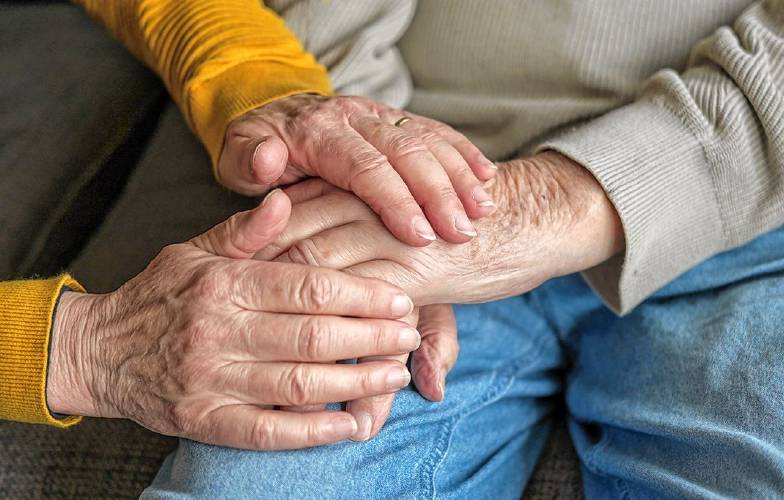
Pixabay Pixabay
| Published: 05-02-2024 6:00 AM |
Mitchell Simon lives in Contoocook.
The most frustrating and infuriating part of the debate on the proposed Medical Aid in Dying bill is that the only objections being voiced are based on speculation. According to the recent Monitor story, we hear from families with disabled members that lives hang in the balance. However, after thirty years of experience in other states, there is no concrete evidence of such an outcome.
I have been involved in the issue of medical aid in dying (MAID) for almost thirty years. For many of these years, I was a legal aid lawyer working on behalf of elders and persons with disabilities. Knowing that we have not as a society done our best to help those with disabilities and hearing the speculation as to how this might impact persons with disability, I initially opposed to the concept. The specter of the “slippery slope” outweighed my fundamental moral belief that we should all be able to control our own bodies.
However, over the next thirty years, as a health law and legal ethics professor at UNH Law School and a member of the Concord Hospital Ethics Committee, I followed the implementation of these laws in the ten states that now allow aid in dying. I found that the carefully crafted protections, especially the reporting rules and involvement of medical professionals, worked in these states and that the fears were not borne out. Facts matter if you are going to force dying individuals to endure a painful death.
I am not alone in this position. A UNH poll recently found 71 percent of New Hampshire residents support medical aid in dying. Interestingly, the poll found that 75 percent of those with disabilities support the proposed law.
Given that I have seen no evidence of actual harm and the importance of the basic human value of personal autonomy, allowing a competent person at the end of life with the support of medical professionals to avoid needlessly painful and lingering deaths is simply just. I am likely to suffer such a death, an ordeal I do not wish to endure and that I do not wish my family to suffer through.
Testimony at the Senate hearing by the mother of a young man with cancer who was able to get the end-of-life medication in Oregon, demonstrated the profound relief, whether the patient ends up using the pills or not. Further testimony about the terrifying nature of death from ALS shows the tangible benefits for those facing painful and imminent deaths.
The reality is that medical aid in dying helps avoid violent suicide attempts and the terrible anxiety that comes with the fear of humiliation and pain at the end of life. I can think of no legitimate reason why, if my disease progresses to an endpoint, I am not afforded the option of having a death with minimal pain, leaving my family to remember me largely as I was during my life.
Article continues after...
Yesterday's Most Read Articles
 By all appearances, Canadians are leery of coming to NH
By all appearances, Canadians are leery of coming to NH
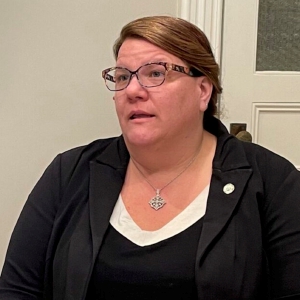 Helen Hanks resigns as Department of Corrections commissioner
Helen Hanks resigns as Department of Corrections commissioner
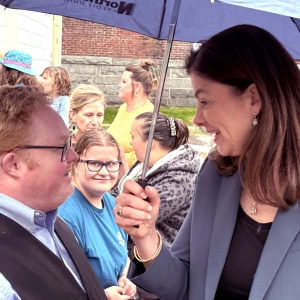 “A dream come true” – Family opens housing for adults with disabilities in Concord
“A dream come true” – Family opens housing for adults with disabilities in Concord
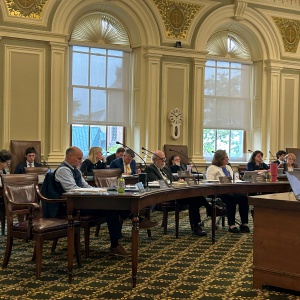 N.H. Senate passes bathroom bill, sending it to Ayotte’s desk
N.H. Senate passes bathroom bill, sending it to Ayotte’s desk
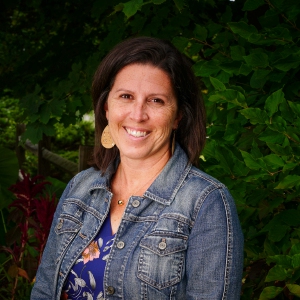 Catherine Masterson named next superintendent of Merrimack Valley and Andover starting in 2026
Catherine Masterson named next superintendent of Merrimack Valley and Andover starting in 2026
 ‘You made a difference’ — Belmont baseball seniors honor their educators
‘You made a difference’ — Belmont baseball seniors honor their educators
Given the overwhelming support in the state for medical aid in dying, I hope senators will do the hard work of factual analysis and not vote against this bill based on speculation.







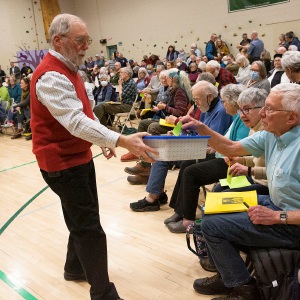 Opinion: Unfair taxes, unfair schools: The New Hampshire way
Opinion: Unfair taxes, unfair schools: The New Hampshire way Opinion: In the fight to stop sexual violence, can polio hold the solutions?
Opinion: In the fight to stop sexual violence, can polio hold the solutions? Opinion: Where are the permanent solutions for a more stable budget?
Opinion: Where are the permanent solutions for a more stable budget? Opinion: My memories of Vietnam 50 years later
Opinion: My memories of Vietnam 50 years later
